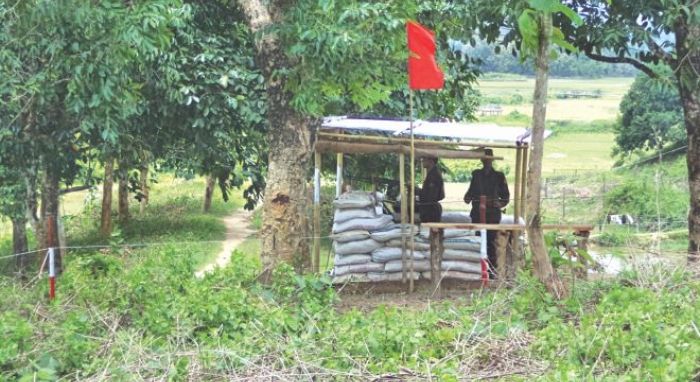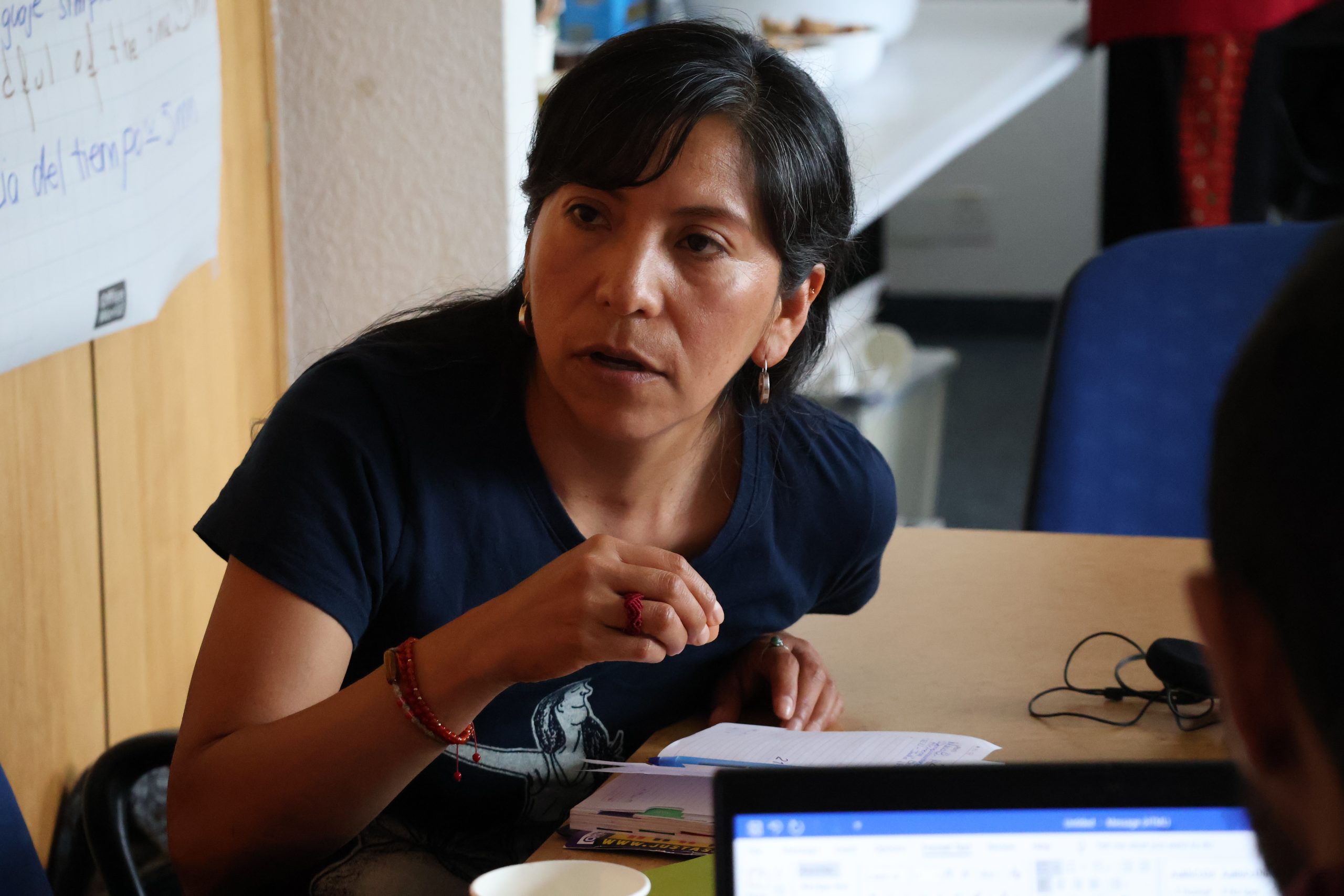
Egypt: Reform unjust vice laws, guarantee open civic space
During Egypt's UPR adoption at HRC59, Nora Noralla delivered a joint statement on behalf of ISHR, Cairo 52 and Middle East Democracy Center. Watch and read the full statement below.
Photo: Courtesy of Hana Shams Ahmed

The Government of Bangladesh should investigate a violent attack against Hana Shams Ahmed and act to protect other women human rights defenders in the country, ISHR and the Women Human Rights Defenders International Coalition said today.
(Geneva) – The Government of Bangladesh should investigate a violent attack against Hana Shams Ahmed and act to protect other women human rights defenders in the country, the International Service for Human Rights and the Women Human Rights Defenders International Coalition (WHRDIC) said today.
Hana Shams Ahmed is a leading advocate for women’s rights and indigenous rights and serves as coordinator of the International Chittagong Hill Tracts Commission (CHTC). CHTC works to monitor the human rights situation in the Chittagong Hill Tracts, a highly militarised region in Bangladesh which is home to a large indigenous population. In 1997, a Peace Accord was reached in relation to conflict between the indigenous people and Bengali settlers in the region, although land grabbing, deforestation and land degradation associated with intensive logging and business agriculture continue to create tensions.
According to information obtained by WHRDIC, Hana Shams Ahmed was violently attacked by up to 10 people allegedly associated with a Bengali ultra-nationalist group, Bangalee Somo Odhikar Andolon. The attack occurred at around 6.30pm on 25 August after a police unit which had been detailed to protect her from such attacks disappeared.
‘The attack against Hana Shams Ahmed is yet another attempt to intimidate human rights defenders in Bangladesh, particularly those working with the Chittagong Hill Tracts Commission,’ said Ms Pooja Patel of the International Service for Human Rights.
‘We are especially concerned over the seeming failure of the police to prevent or take immediate action to stop the attacks,’ Ms Patel said.
A recent CHTC report on violence against indigenous women and girls in Chittagong Hill Tracts found that impunity is the single most important factor contributing to sexual and gender based violence in the region.
According to the WHRDIC, ‘this violent attack is part of a trend of increasing attacks on women human rights defenders due to the failure of authorities to take effective legal actions to protect human rights activists. CHTC members have been repeatedly targeted with intimidation and violence for carrying out their human rights work.’
The most recent attack occurred on 5 July 2014, when four human rights defenders were injured while conducting a fact-finding mission on behalf of the CHTC, according to Front Line Defenders.
‘During its Universal Periodic Review less than a year ago, Bangladesh accepted a number of recommendations in relation to combating impunity for human rights violations. The government must demonstrate its genuine commitment towards this end by ensuring that relevant authorities conduct an impartial and independent investigation into the allegations without delay, and bring perpetrators to justice,’ Ms Patel said.
ISHR and the WHRDIC call on the Government of Bangladesh to:
A full statement from the WHRDIC, a resource and advocacy network for women human rights defenders comprising 29 leading non-governmental organisations, is available here.

During Egypt's UPR adoption at HRC59, Nora Noralla delivered a joint statement on behalf of ISHR, Cairo 52 and Middle East Democracy Center. Watch and read the full statement below.

At the Human Rights Council, Belgium delivered a statement on behalf of over 60 States that 'pays tribute to the numerous achievements and meaningful progress made by women and girls human rights defenders, and emphasises the continued need for their voices to be heard and supported'.

The 59th session of the UN Human Rights Council (16 June to 9 July 2025) will consider issues including civil society space, climate change, sexual orientation and gender identity, violence and discrimination against women and girls, poverty, peaceful assembly and association, and freedom of expression, among others. It will also present an opportunity to address grave human rights situations including in Afghanistan, Belarus, China, Eritrea, Israel and oPt, Sudan, Syria and Venezuela, among many others. Here’s an overview of some of the key issues on the agenda.